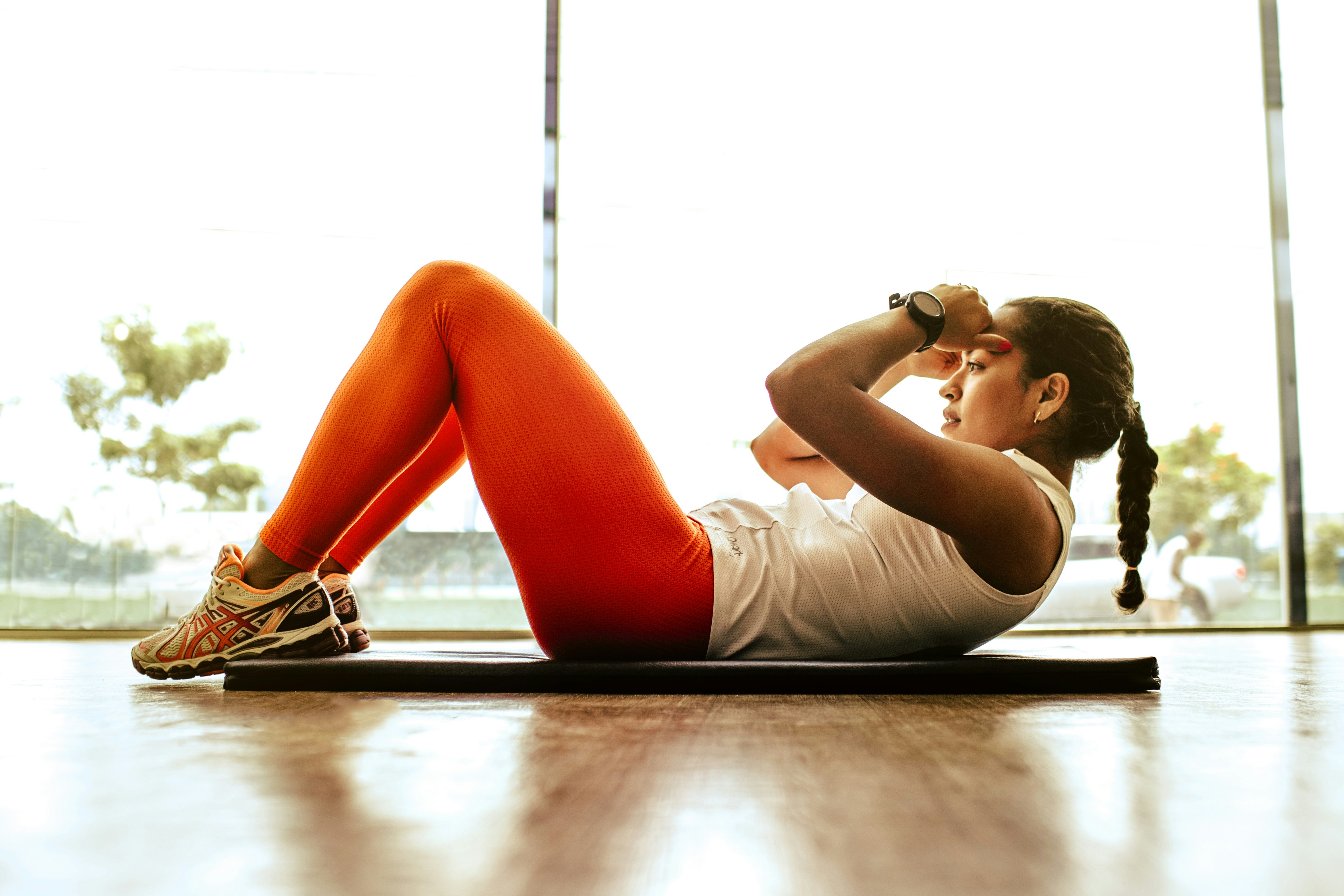Prioritising Mental Health in Fitness Goals Postpartum

During the trials and tribulations during postpartum, many women feel pressure to get into a fitness routine as soon as possible.
You’re already battling some heavy emotions, ranging from elation to sadness and everything in between. Your sleep schedule is also most likely out of whack.
The best way to be healthy after giving birth is to listen to your body. Be patient with yourself to see the best results, mentally and physically.
Use the following tips to prioritize your mental health on your fitness journey postpartum.
Why Holistic Well-Being Is Important After Giving Birth
Whether or not you experience postpartum depression, the six-week period after giving birth can still be a stressful experience. As wonderful as this time is, you need to prioritize your mental health to stay feeling your best.
Maintaining your mental well-being postpartum can include building a close bond with your newborn and forming a support network to fall back on in difficult times.
Most importantly, however, you have to prioritize your needs. This can help you on your fitness journey and, consequently, physical activity can help your mental health.
How Exercise Boosts Mental Wellness
While you should give yourself grace after giving birth, you can still incorporate some physical activity to feel better overall. Exercise releases endorphins, which are known as "feel-good" hormones.
This can contribute to improved mood and reduced stress levels, staving off harrowing symptoms of postpartum depression and anxiety.
Beyond the physiological benefits, the sense of accomplishment and empowerment derived from staying active can also boost your self-esteem and confidence.
Some specific exercises to boost your mental health include yoga, stretching, and walking. If you’re feeling up to it, you can incorporate physical activity that has a social aspect to it.
Meeting up with others for short walks or low-impact workouts can help you build a support system and find joy in exercising.
It's crucial, however, to remember that exercise during this time should not be viewed as a means to “fix” your body.
Instead, it should be embraced as a holistic approach to mental well-being, promoting a positive mindset and fostering a strong connection between your body and mind during this transformative period.
Set Realistic Goals
When setting goals for your postpartum fitness journey, it’s essential to recognize and respect your body’s recovery process.
Every woman’s experience after giving birth is unique. Make sure you are picking goals that align with the gradual restoration of your strength and stamina to see long-term success.
Instead of fixating on quick fixes or external pressures, focus on achievable milestones that prioritise overall well-being.
Whether that’s gradually increasing workout intensity, incorporating gentle exercises, or establishing a consistent routine, realistic goals foster a positive mindset toward exercise that you can sustain past these difficult six weeks.
Listen To Your Body
Your body undergoes significant changes during pregnancy and childbirth, and understanding its signals is crucial for a safe and effective fitness journey.
Pay attention to how you feel physically and emotionally, acknowledging any discomfort and adapting your routine accordingly. You can start with gentle exercises and gradually progress as your strength and endurance improve.
Tuning into your body's cues not only helps prevent injuries but also fosters a positive relationship with exercise.
You can even consult your physician or a specialist in postpartum fitness for guidance. This all depends on what you’re comfortable with.
It’s likely you don’t want to leave home much during the six weeks after giving birth so you can tend to your new child. Home workouts are a great option for convenient and comfortable exercise.
Consider researching adaptive exercises you can do in a home gym in your garage or other separate area. While you don’t want your time for self-care to be interrupted, you can still enjoy close proximity to your newborn to give you peace of mind.
Integrate Wellness Practices Into Your Daily Life
Even if you don’t want to jump right into a full-on fitness routine, you can incorporate physical activity into your daily tasks. Postpartum is full of changes, including how you go about your days.
You can find mental and physical stimulation in simple activities like baby-wearing during a gentle walk. This can provide both cardiovascular exercise and a soothing bonding experience for you and your newborn.
Additionally, your daily diet makes a difference in motivating you to exercise. A simple practice like drinking more green tea can help.
Green tea has a rejuvenating effect on your skin and gives you a mental and physical boost. It contains catechins that reduce inflammation and antioxidants that fight aging. Not to mention the caffeine that will help you have energy for exercise.
You can also engage in stretching or yoga during moments when the baby is napping. Scheduling your physical activity around your new baby is difficult at first, but it can become old hat in no time.
Nurture your mental fitness at the same time by engaging in mindfulness during routine tasks, such as feeding or diaper changes. Remember to take regular breaks during this often stressful time to practice deep breathing or short meditation sessions.
By intertwining physical and mental well-being with the demands of caring for your newborn, you can foster a holistic approach to self-care while still offering a nurturing environment for your baby.



